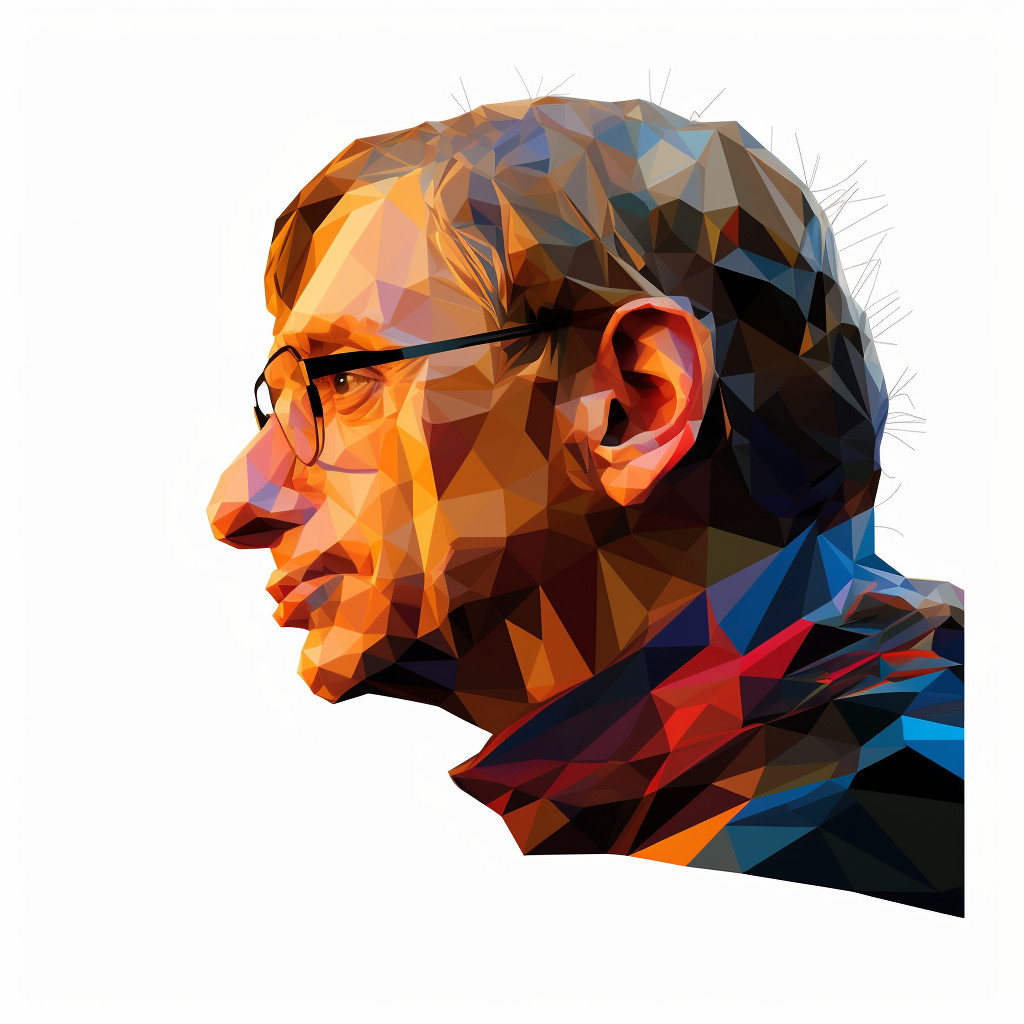This quote infuses humor with wisdom to express a paradoxical view on marriage. It suggests that the act of marriage, often associated with maturity and wisdom, may actually lead to a loss of wisdom in some way. This doesn’t necessarily mean marriage is a bad choice, but rather it changes a person in ways they may not anticipate.
The quote implies that wisdom is associated with independence, self-reliance, and freedom. When one chooses to marry, they are no longer just an individual, but part of a partnership. Their decisions, actions, and even thoughts are now shared with and influenced by another person. This could potentially lead to compromise, sacrifice, or changes in perspective that might be seen as a departure from wisdom.
However, it could also be interpreted as a commentary on how marriage can lead to personal growth and development. The ‘otherwise’ might not denote a negative change, but a transformation that comes with sharing your life with someone else. It could mean becoming more empathetic, more understanding, more patient – qualities that are not traditionally associated with wisdom, but are nonetheless valuable.
In today’s world, the idea can be applied in various ways. For instance, in personal development, it can be a reminder that significant life choices, like marriage, will change us. It’s important to anticipate this change and embrace it as part of the growth process. It can also serve as a reminder to maintain one’s individuality and personal wisdom even within the context of a partnership.
In a broader societal context, it can be a critique of the traditional institution of marriage, encouraging us to rethink and redefine it in ways that allow for individual growth and wisdom. It might also be seen as a commentary on the need for maintaining a balance between personal independence and the compromises required in a relationship.




